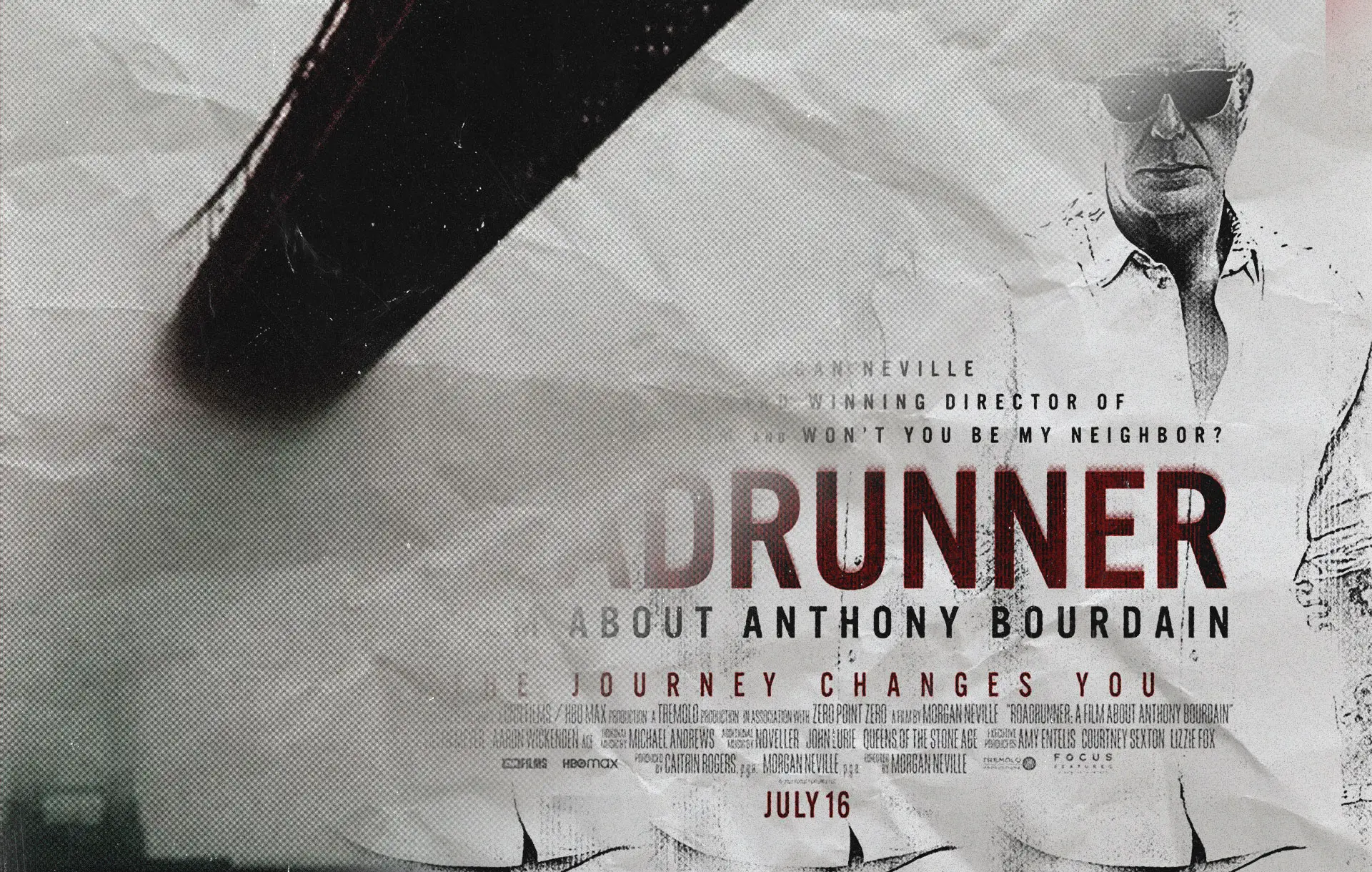The world of journalism and documentary filmmaking both share a common goal: finding a great story. However, the stark reality is often not as glamorous and as simple as these industries make it seem like in the final output. Usually, it takes years of twists and turns before journalists or filmmakers find the appropriate subjects, location, leads, and resolutions that would build up the narrative. Due to factors such as pressure, high expectations, and tight deadlines from their industries, some are forced to push boundaries and take extreme measures that oftentimes compromise their own morality and violate people’s rights just to get the winning story.
Straddling the Line of Good and Evil
Ethics and morality are concepts that have been ingrained in our psyche at an early age because of their important role in helping us live a fruitful, free, and virtuous life. In simple words, ethics is a guiding principle or a set of rules that teaches society their moral duty and obligation as well as the wisdom to know the difference between right and wrong.
“Ethics, for example, refers to those standards that impose the reasonable obligations to refrain from rape, stealing, murder, assault, slander, and fraud. Ethical standards also include those that enjoin virtues of honesty, compassion, and loyalty. And, ethical standards include standards relating to rights, such as the right to life, the right to freedom from injury, and the right to privacy. Such standards are adequate standards of ethics because they are supported by consistent and well-founded reasons,” via SCU.
Steel interviewed the families of the victims without disclosing that he actually had footage of the victims jumping to their death
In the entertainment industry, the fine line between what’s morally right or wrong is frequently blurred and manipulated depending on one’s purpose and personal gain. This is more prevalent in documentary filmmaking for a reason that filmmakers are not dealing with professional actors but real people who are baring their souls and disclosing their personal stories, experiences, and private spaces. Therefore, filmmakers carry a huge responsibility of ensuring that lines are not crossed as this could gravely impact the participant’s life especially if you are discussing sensitive social issues and traumatizing experiences that they’ve had.
The Bridge
When Eric Steel’s documentary The Bridge premiered at Tribeca Film Festival in 2006, it quickly received criticisms for sensationalizing a serious and delicate issue surrounding suicide and showing the actual footage of people attempting to jump over the railings of the Golden Gate Bridge in San Francisco. To secure a film permit, Steel misled authorities by saying that his purpose was to capture “the powerful, spectacular intersection of monument and nature that takes place every day at the Golden Gate Bridge.”
Through the course of the production, the crew was simply instructed to be on their guard and closely watch those people who are attempting to jump, and they ended up capturing 23 suicides. Steel interviewed the families of the victims without disclosing that he actually had footage of the victims jumping to their death. Upon the release of the documentary, this obviously infuriated the people involved as they felt disrespected and manipulated into doing something they would have not consented to in the first place.
Roadrunner: A Film About Anthony Bourdain
Another interesting unethical practice that has recently divided the public is the use of Artificial Intelligence (A.I.) in bringing back the dead to life, whether it be through CGI or voice manipulation. CNN Film’s recent documentary Roadrunner: A Film About Anthony Bourdain (2021) directed by award-winning filmmaker, Morgan Neville, was the center of controversy for violating the request of the deceased’s widow. The crew “fed more than 10 hours of Anthony Bourdain’s voice into an A.I. model to “capture” the voiceover he wanted but did not have “available” audio of. In other words, he let a computer make a few guesses about things Bourdain could plausibly have said… but didn’t.”
Taking advantage of A.I. to put words into a dead person’s mouth is outright unethical because you don’t have consent or approval from the person, to begin with. Not to mention, Bourdain’s widow claimed that she did not give her permission to the producers to proceed with their request. However, even if their loved ones agree, it still feels like a violation of one’s rights to let a machine use their voice to say something they might not be comfortable expressing if they were alive. While this technology is truly groundbreaking, audiences think that it is extremely disturbing and inappropriate.
Establishing Boundaries
While it’s easier said than done, there are universal guidelines and practices that filmmakers must follow in order to ensure the safety and welfare of the people and their loved ones involved because, at the end of the day, their personal life and experiences are at stake.
First of all, filmmakers should be upfront and transparent with their intentions as well as the scope and purpose of the project. Instead of sugarcoating words or being vague about the details, the participants must fully know what they are getting into beforehand as the subject matter or their participation could be in conflict with their professional and personal relationships.
Secondly, getting legal consent or permission through signing contracts is extremely important to protect everyone involved. These release forms or contracts should be utilized in disclosing rules and expectations from both parties to avoid legal disputes down the line. It should be a collaborative process in which everyone takes time to listen to each other’s needs and concerns.
Filmmakers should be upfront and transparent with their intentions as well as the scope and purpose of the project
Lastly, just let the people’s truth speak for itself. Sometimes as creative storytellers, we are compelled to slightly manipulate things to make the truth sound better or because it has a better commercial appeal. Filmmakers should be careful in editing and piecing the story together to avoid changing the intended meaning behind the participant’s response. Participants should also have the right to watch the film prior to its release to ensure that they are comfortable with how they are presented in the story, especially when a minor is involved.
Our ethics and morals are both vital aspects of maintaining peace and order in our society. Despite our differences or personal beliefs, there is still a universal code of conduct that tells us the difference between right and wrong. Professionals working in the media and entertainment industries have a huge responsibility of upholding ethical standards when carrying out their jobs as they have the power to harm as well as make or break a person’s life, even if that wasn’t the intention. We shouldn’t compromise our values, engage in unlawful acts, or take shortcuts to get what we want for the sake of fame and fortune. We must remember that great stories will effortlessly shine on their own and our job is simply to honor, give justice, and tell them as authentic and truthful as possible.




